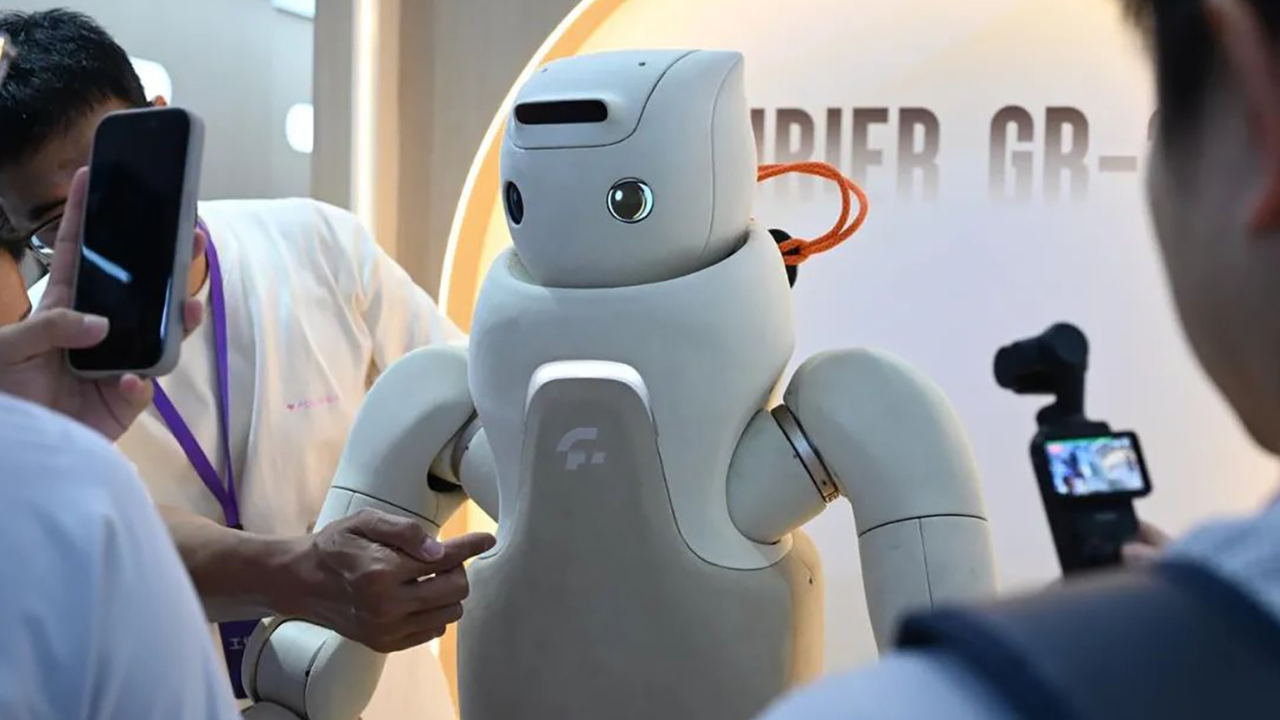By Chris fleck
Digital transformation is a term that gets a lot of press these days and means different things to different people. In a broad sense, it is the application of digital technologies to a traditional business or industry. Beyond a simple digital automation of an operation, when done right, the transformation can enable break through innovation, productivity and human engagement.
A health care organization, for example, this could mean eliminating paper transactions, automatic collection of patient vital signs, fewer clinic visits in favor of telemedicine (remote diagnosis and treatment through telecommunications), improved diagnoses with artificial intelligence, and, ultimately, better outcomes for patients. With increased consumer choice in health care and escalating costs, organizations that keep the status quo will falter and likely be acquired and forced to transform by a new management, anyway.
For a bank, digital transformation could include redesigning branch offices to eliminate lines and providing concierge service to VIPs to improve overall customer engagement. If traditional banks don’t do this, branches will become a thing of the past, and online-only banks (with lower fees, thanks to lower overhead costs) will become the norm.
Retail brick-and-mortar stores already have been disrupted by e-commerce retailers, such as Amazon. If traditional retailers don’t adjust to the new way customers prefer to shop, they’re doomed. Indeed, Amazon is building digital-enabled, physical stores—they have no checkout lines, just automatic scanning of items with purchases automatically charged to credit cards or gift cards on file. This also promises a better experience for customers who prefer to touch and feel a product before they buy it.
Progressive organizations with traditional offices are leveraging digital transformation opportunities to redefine their workplace and create more productive and collaborative work environments. Many of these companies are rebuilding into smaller but better workplaces, saving money in rent or property purchases by eliminating dedicated offices and cubicles, while attracting skilled workers who value such vibrant work environments.
The technologies and companies that stand to benefit from the digital transformation wave are the providers of artificial intelligence, such as IBM Watson; those who specialize in workspace internet-of-things technology (IoT), such as Citrix; makers of workplace equipment, such as Steelcase; those with leading beacon technology, such as HID Global’s Bluvision unit; and a host of systems integrators that create new products and services to implement it. ↵
Chris Fleck is on the board of the South Florida Technology Alliance and vice president of emerging solutions for Citrix Systems (Nasdaq: CTXS), a Fort Lauderdale company that provides secure delivery of applications and data.














